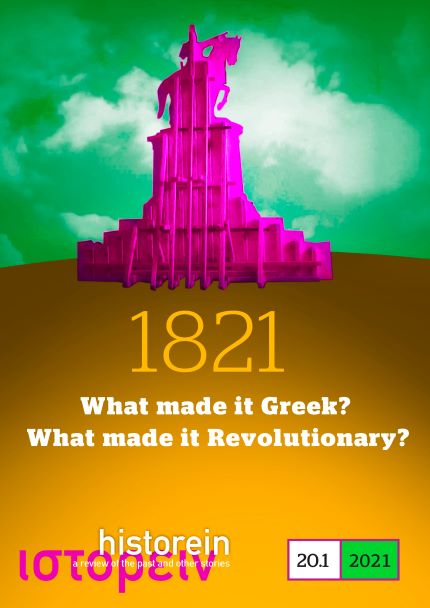Mount Lebanon and Greece: Mediterranean Crosscurrents, 1821–1841

Abstract
This article uncovers the interactions between the Greek War of Independence and the Ottoman district of Mount Lebanon. Greek forces made corsairing raids on the Syria-Lebanon coast, sometimes leading Ottoman governors to retaliate against local Christians. A more substantial attempt was made to draw the district’s quasi-autonomous ruler, Emir Bashir al-Shihabi, into an alliance with the revolutionary Greeks, leading to a major Greek assault on Beirut in 1826, but this was unsuccessful. Underlying its failure, the article argues, was the persistence of an older pattern of elite negotiation across religious boundaries, which was resistant to the stark Christian-Muslim polarisation developed in parts of the Greek war. In the decades following this war, it then suggests, some sectarian polarisation and Christian nationalist aspirations reminiscent of Greece did emerge in Mount Lebanon, largely through Maronite Christians’ interactions with France. The goal of a monoreligious nation-state, however, never took root.
Article Details
- How to Cite
-
Hill, P. (2022). Mount Lebanon and Greece: Mediterranean Crosscurrents, 1821–1841. Historein, 20(1). https://doi.org/10.12681/historein.24937
- Section
- II. THE GREEK REVOLUTION AND THE EMPIRES

This work is licensed under a Creative Commons Attribution-NonCommercial-ShareAlike 4.0 International License.
The copyright for articles in this journal is retained by the author(s), with first publication rights granted to the journal. By virtue of their appearance in this open access journal, articles are free to use (with the exception of the non-granted right to make derivative works) with proper attribution for non-commercial uses (licence Creative Commons 4.0). EKT/NHRF retains the worldwide right to reproduce, display, distribute, and use articles published in Historein in all formats and media, either separately or as part of collective works for the full term of copyright. This includes but is not limited to the right to publish articles in an issue of the Journal, copy and distribute individual reprints of the articles, authorize reproduction of articles in their entirety in another EKT/NHRF publication, and authorize reproduction and distribution of articles or abstracts thereof by means of computerized retrieval systems.

